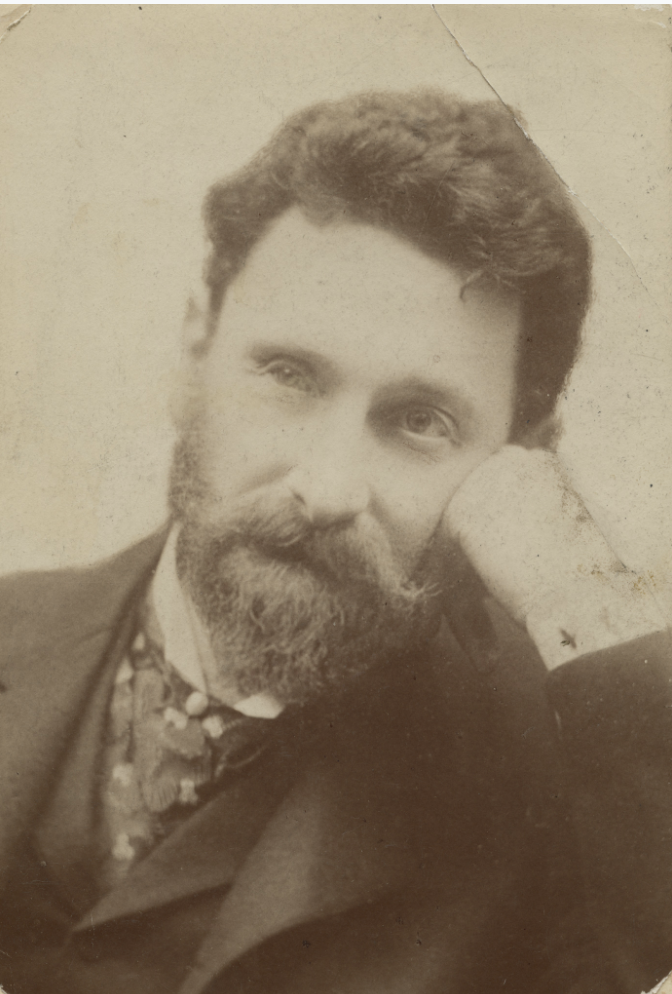







Joseph Pulitzer’s New York newspaper, The World, would transform American media and make him wealthy, admired and feared. Throughout his four decades as a reporter and publisher, he created a powerful artistic vehicle that spoke to an unprecedented number of readers. Towards the end of his life, both sickly and blind, Pulitzer’s commitment to fearless reporting would tested by the most powerful person in American life. On December 15th, 1908, President Teddy Roosevelt delivered a scathing indictment of Pulitzer to Congress - accusing the publisher of libel - for claiming that the President’s ¬greatest achievement, the Panama Canal—amounted to a colonialist overreach built on a $40 million cover-up. Roosevelt threatened Pulitzer with imprisonment. The president proclaimed: “it is high national duty to bring to justice this vilifier of the American people.”


Pulitzer is an American icon who spoke of “fake news” over one hundred years ago. He fought the dangers that the suppression of news had for a democracy long before our present threats to press freedom. While he is remembered for the prizes that bear his name, his own heroic battles in the face of grave illness and Presidential ire have been forgotten as has the artistry and game changing originality he brought to newspapers. How did Joseph Pulitzer, once a penniless young Jewish immigrant from Hungary, come to challenge a popular president and fight for freedom of the press as essential to our democracy?
Adam Driver narrates the film. Liev Schreiber is the voice of Pulitzer. Tim Blake Nelson is the voice of Teddy Roosevelt and Rachel Brosnahan is the voice of Nelly Bly.